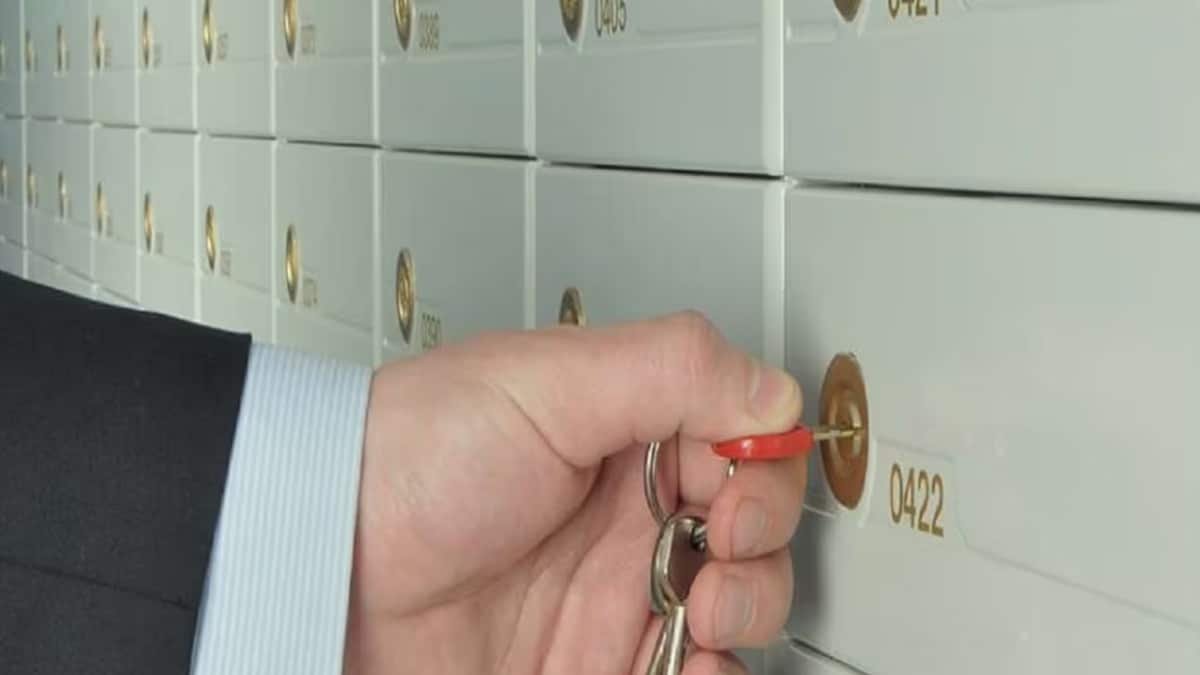In most cases, the bank can provide a duplicate key or offer another locker.
Losing a locker key or encountering other circumstances requiring locker opening involves a well-defined process that banks follow to ensure security and proper documentation. Always be aware of the responsibilities and policies surrounding your bank locker to avoid confusion in such situations.
Bank lockers are a widely used service that allows customers to securely store their valuables. When you rent a locker, the bank provides you with a key, which gives you sole access to its contents. But what if you lose that key? Let’s take a closer look at the steps involved in such a situation.
Steps to take if you lose your bank locker key
If you lose your bank locker key, the first course of action is to notify the bank immediately. You will also need to file a First Information Report (FIR) at your local police station to document the damage.
Options for accessing the locker after losing the key
In most cases, the bank can provide a duplicate key or offer another locker. If the key cannot be found, the bank may choose to dismantle the original locker, transfer its contents to a new locker and provide you with a new key. Be aware that you will be responsible for covering the costs associated with the process, including locker repairs and break-in procedures.
Rules for breaking open bank lockers
Generally, if a locker needs to be opened or dismantled, the process takes place under the supervision of both the customer and the bank representative. For joint locker holders, all members must be present. If the customer cannot be there, they must give written consent to open the locker in their absence.
Bank’s rights to open lockers
As per State Bank of India (SBI) policy, if a customer fails to pay the locker rent for three consecutive years, the bank reserves the right to destroy the locker to recover the dues. In addition, if the locker remains inactive For seven years, and the customer has not visited during this period, the bank can break the locker—even if the rent has been paid.
Breaking lockers in criminal investigations
In cases where criminal charges have been filed against the locker holder and the authorities suspect that the locker contains crime-related evidence, the bank can dismantle the locker without the presence of the customer. In such situations, both bank officials and police officials will be involved in the process.
If you are unsure of a specific process, it is best to contact your bank directly for specific guidance.

